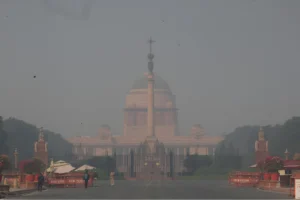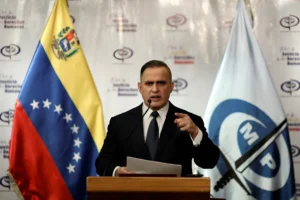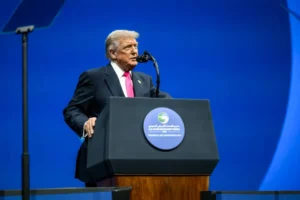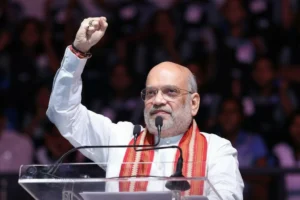
Millions of voters in Pakistan began casting their votes on Thursday in the general elections, with former Prime Minister Nawaz Sharif vying for a historic fourth term amid support from the military and a crackdown on his rival Imran Khan’s party, amidst a backdrop of rising violence and economic stagnation.
Under tight security measures, polling stations opened at 8:00 AM and will remain operational until 5:00 PM, with a nationwide public holiday declared to facilitate the 128 million registered voters in choosing a new government aimed at stabilizing the country’s economy.
The deployment of nearly 650,000 security personnel across the nation comes in the wake of twin blasts in Balochistan province that claimed at least 30 lives on Wednesday. Chief Election Commissioner Sikandar Sultan Raja has instructed provincial authorities to maintain high alertness to safeguard voters’ security.
Also Read: TCS Employees Who Continue Remote Work Receive ‘Final Warning’ Due to Potential Consequences
In response to the threat of militancy, Pakistan suspended mobile services temporarily, following recent terrorist attacks. This decision was made to ensure public safety, as confirmed by a spokesperson for the interior minister.
As voting commenced across the country, reports indicated a relatively low turnout in most constituencies. Some polling stations experienced delays due to the absence of polling staff or shortages of ballot papers.
With Imran Khan currently incarcerated, Nawaz Sharif’s Pakistan Muslim League-Nawaz (PML-N) is expected to emerge as the leading party in the elections. Khan’s Pakistan Tehreek-e-Insaf (PTI) candidates are contesting independently after the Supreme Court upheld the election commission’s decision to revoke the party’s iconic cricket ‘bat’ symbol.
Despite Khan’s imprisonment, he and other prominent political figures cast their votes via postal ballots. Notably, Khan’s wife, Bushra Bibi, was unable to vote as she was convicted and detained after the postal voting process concluded.
Out of the 336 National Assembly seats, 266 were up for grabs, with a party needing to secure 133 seats to form a government. Sharif’s PML-N is projected to win between 115 to 132 seats, potentially enabling it to establish a government independently with the inclusion of reserved seats.
Also Read: Ishan Kishan Skips Ranji Trophy, Trains with Hardik and Krunal Pandya: Report
Amid complaints from PTI regarding state pressure and limitations on their campaign, the party alleges tactics to prevent their candidates from contesting. Khan, serving a prison sentence on corruption charges, faces numerous pending cases.
Other significant contenders in the elections include the Pakistan Peoples Party (PPP) led by Bilawal Bhutto-Zardari, aiming for victory in Sindh province.
The new government will inherit significant challenges, including an ailing economy and escalating security threats. Pakistan narrowly avoided default last year with a USD 3 billion IMF loan, but economic experts anticipate the need for a more stringent IMF program.
Furthermore, Pakistan’s efforts against terrorism face renewed challenges with the resurgence of rebels following the Afghan Taliban’s rise to power in 2021. Balancing these issues will be crucial for the incoming administration’s agenda.
To read more such news, download Bharat Express news apps


















